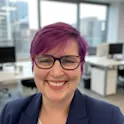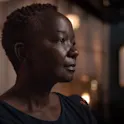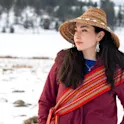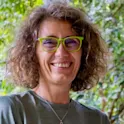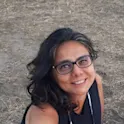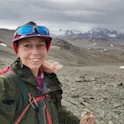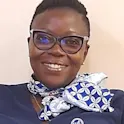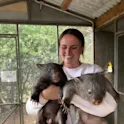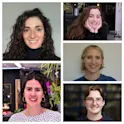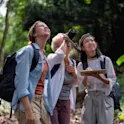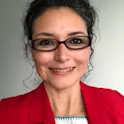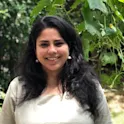
Frontiers news
19 Feb 2026
Frontiers Women in Science – Five years on
Looking back at 2025, our fifth year publishing the Women in Science blog series, I feel an immense sense of pride in what we have achieved as a group. With 76 insightful articles published over the past five years, it is clear that women researchers continue to need a dedicated platform with readers who remain strongly engaged with their stories. In 2025, we featured nine interviews with researchers from across the globe, spanning from wildlife conservation to education, from climate change to LGBTQ+ rights, highlighting both the diversity of their work and the global relevance of their voices.
